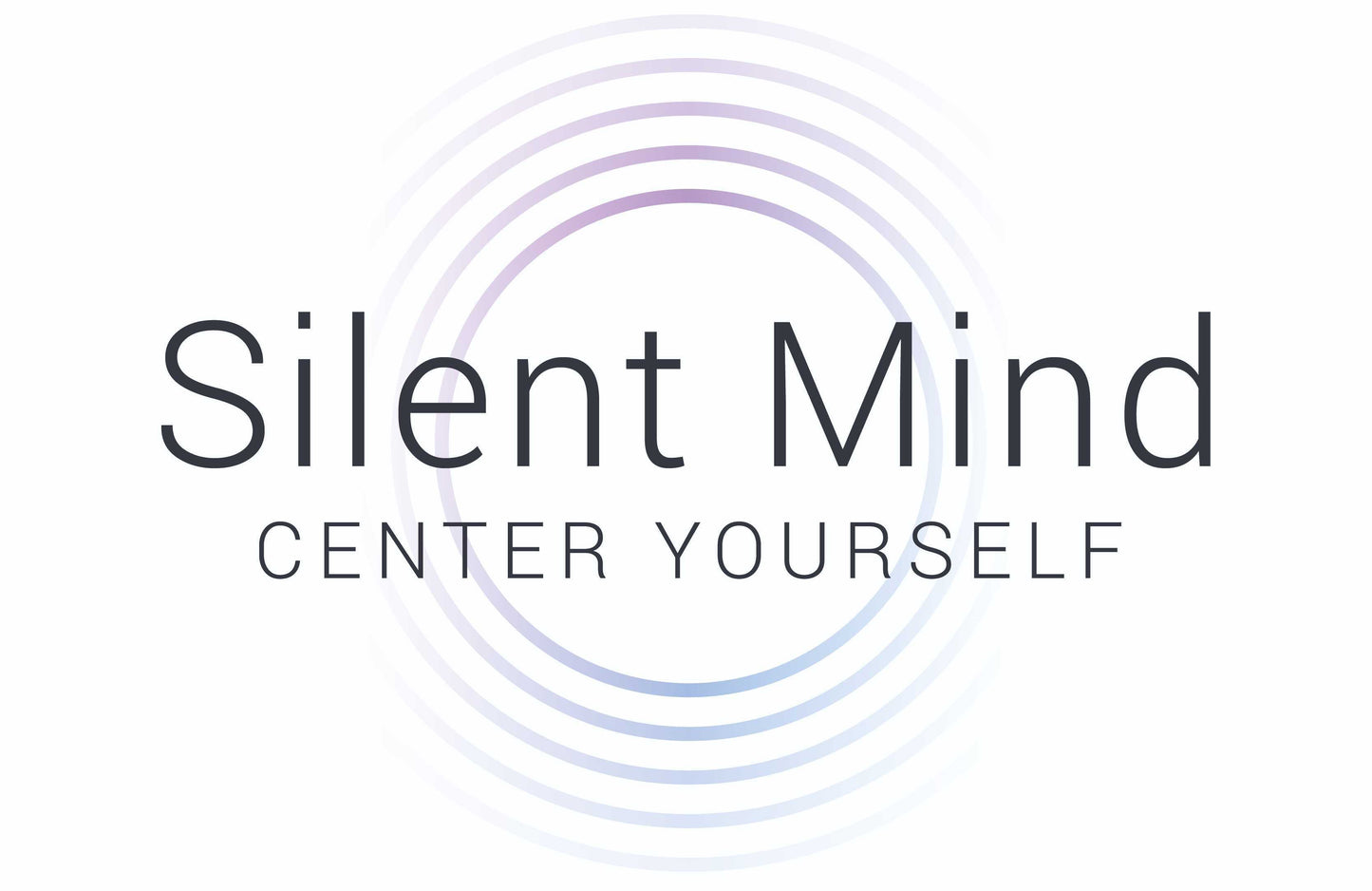
At Silent Mind, we make it a point to keep our finger on the pulse of wellness and personal development trends. If you’re the same, you’ve probably noticed that one attribute has fast become a buzzword, a highly important personality trait - empathy.
These days, you may hear someone discussing empathy not just as a quality, but as a cornerstone of their being. They embody empathy, and its effects are seen in every situation. They’re empaths.
What Does It Mean to Be an Empath?
Empaths are often what we call highly sensitive persons (HSPs). That said, sources make a distinction between a classic highly sensitive person and an empath.
Empathy is a key characteristic of highly sensitive persons. Yet HSPs they also process things down to the tiniest detail, are subject to overstimulation and are all about the subtle cues that most people are too distracted to pick up on.
Therefore, you can be an empath, but not necessarily a highly sensitive person. Still, a lot of self-identified empaths are comfortable with the idea they’re highly sensitive in general.
To sum it up, empaths are a sponge for emotions. They easily intuit what others are feeling, and experience that feeling themselves at the moment. They’re adept at figuring out what’s driving someone, and what their true intentions are.
When you’re an empath, you’re always absorbing what lies beneath the surface. Direct empathy “triggers”, like someone visibly injured or in pain, can be experienced even more intensely.
Are You an Empath?
Here are a few ways to help you figure out whether or not empathy is a dominant personality trait for you.
-
You like alone time.
So much empathy can be very overwhelming. You view alone time as a good way to recharge. Furthermore, being around many people at once turns you off, because your emotions feel pulled in many directions.
-
It’s okay to cry.
Cute cat videos, old memories, or a heartfelt hug. Even the song of a singing bowl can move you to tears, and there’s nothing wrong with that. Regularly having a good cry, alone or with someone else, just can’t be avoided when you’re an empath.
-
You have vices.
If you haven’t recognized that you’re an empath, you may endure constant emotional imbalance without knowing why. This can lead to you attempting to drown out the intensity with risky behaviors. Overeating, excessive drinking, and more can be observed in an unknowing empath.
-
People think you’re too soft.
Empaths are often accused of being too soft, too accepting, too giving, and too open. The truth is, a lot of people would never allow themselves to feel as much as you do. But you can’t help it, and it’s your emotional generosity that draws people in need closer to you.
-
You pay attention to “gut feelings” and “vibes”.
No one can read a room quite like an empath. You know pretty quickly whether or not you want to stay put in a certain situation. Highly developed empaths are also very good at modifying their moods and behavior to suit what they perceive is happening around them.
Being an empath can be distressing if you’re unaware of what’s going on, or there’s simply too much going on. But on the whole, we need empaths - they’re the world’s nurturers.
Are you an empath? What part of this discovery has been the most challenging for you? Let us know in the comments!
